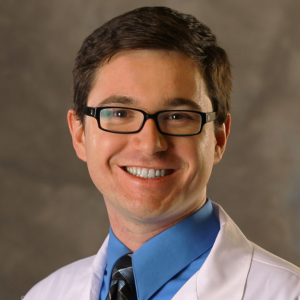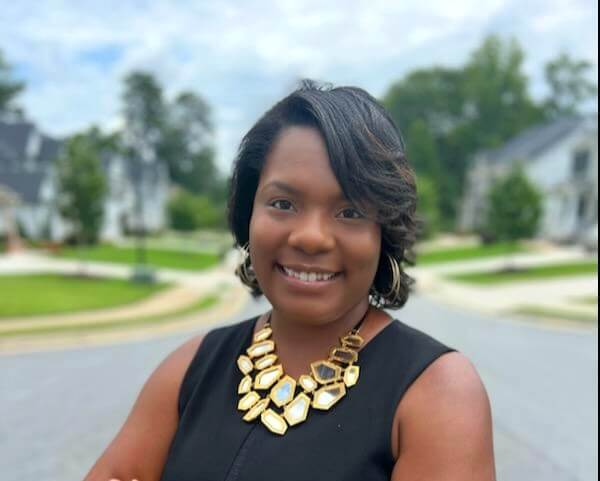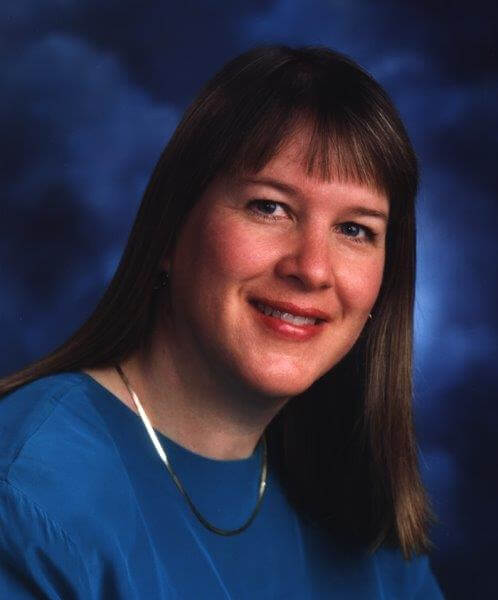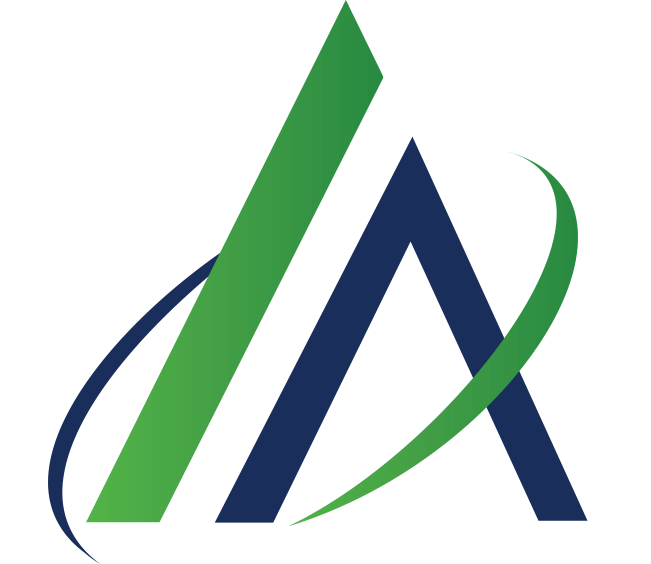
Michael Carroll, PhD, CPO, FAAOP(D)
What does being a Fellow with Distinction mean to me?›
Growing up in the world of O&P, I always admired those who had attained their Fellow designation from the Academy. It signified a commitment to the profession, both to those under our care as well as to the advancement of the field. Earning my Fellow with Distinction was a tremendous honor. Joining this collection of accomplished Academicians has served as a strong reminder of the importance of working hard to make a meaningful impact on the lives of our patients and to the future strength of our profession.
How did you decide to go into O&P?›
Most of my weekends and summers as a child were spent in an O&P clinic. In fact, the earliest injury that I can remember came from when I got a nasty cut after running into an alignment jig. Family vacations typically aligned with where the Academy Annual Meeting or Amputee Coalition National Conference was being held, which means many within the profession remember me as a wild child running around the exhibit hall or when slightly older volunteering at these meetings.
I was interested in O&P but hesitant to move away from home, so I started my undergrad career studying biology and chemistry. After my freshman year, I ran into multiple O&P students at an adaptive sporting event in my hometown, which helped me realize that there was a program relatively close by. With the distance concern abated, I jumped at the opportunity to enter the profession and haven’t looked back since.
What kind of things do you like to do outside of the office?›
Outside of the office, most of my time is spent with family and friends. My wife and I, along with our young children, like to stay active and spend a lot of time outdoors at local parks and lakes. We enjoy traveling whenever time allows. I’m also very lucky that our family lives nearby, as do many of my childhood friends, so I get to see them quite frequently, too.
What advice do you have offer to those about to or hoping to enter the profession?›
For those still in school, I’d highly encourage you to seek out mentors. The Academy’s mentoring program is a great catalyst for this, but you should also find mentors who may work in areas that are of particular interest to you (both specialties and localities). I still regularly connect with one of my mentors, who I’ve now known for 15+ years.
For those who have transitioned to residency, continue to foster the mentor-mentee relationship while focusing on time management. The addition of full-time employment and learning can be tricky for some to manage, so it is critical to find a method to maximize your time. If you can come up with a solution early in your residency, it will be particularly helpful when you ramp up your exam prep.
After residency, it is important to continue to build from your success. Even though you may think you’ll have extra time when you have passed your boards, more will undoubtedly be added to your plate. You will gain more responsibility at work and might start a family. Having a good grasp of how to efficiently and effectively manage your time will help make you a better and timelier clinician while also allowing you more time and energy to dedicate to your personal life and maintaining self-care.
What accomplishments in your O&P career are you most proud of?›
This is a difficult question to answer as there are so many patients who stand out, but I think the most critical thing that I’ve accomplished has been participating in resident education. Teaching the next generation of O&P providers is so rewarding but also important for the future of our profession and the care of our patients. Seeing residents become clinicians and begin to practice independently is highly rewarding, and I’d encourage my colleagues who have the knowledge to share to get involved by hosting a residency program or partnering with an O&P school.















